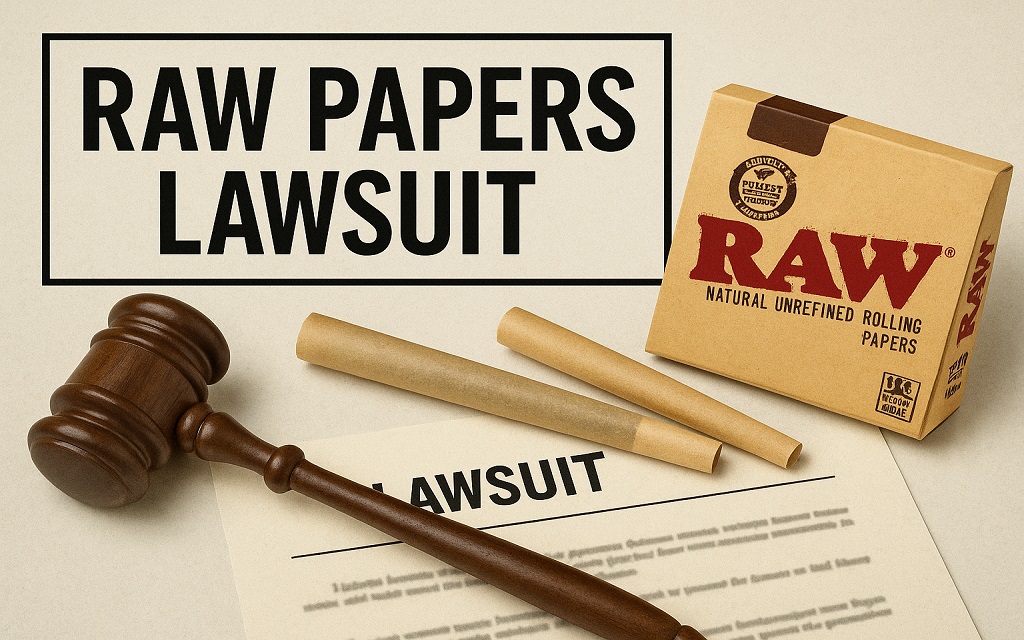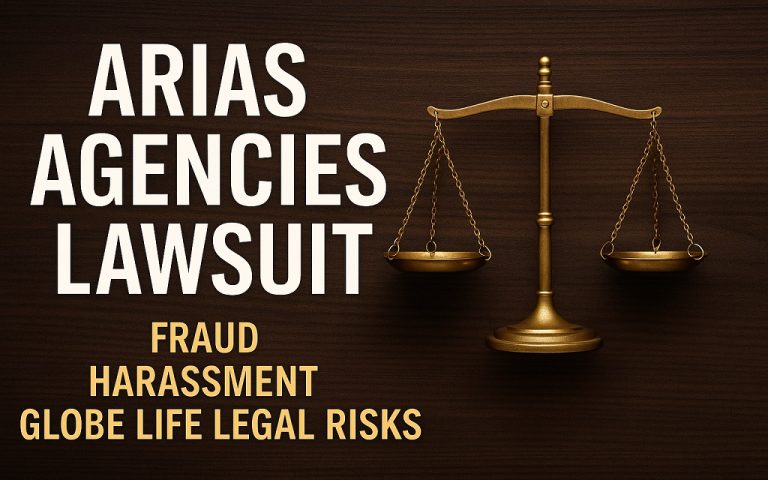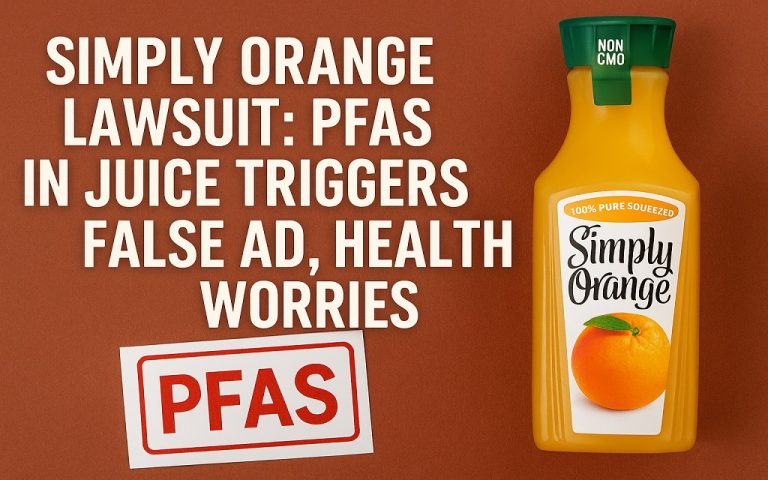The RAW Papers lawsuit has shaken the cannabis accessory industry. A federal appeals court recently upheld a nationwide ban on key marketing claims by HBI International, the company behind RAW rolling papers. The court concluded that HBI had deceived customers by making misleading claims regarding its charitable endeavours, the country of manufacture, and the “natural” character of its goods. This historic ruling marks a turning point in the battle against deceptive advertising and greenwashing in the cannabis industry.
In this post, we’ll dissect the entire incident, examine the legal ramifications, and discuss the repercussions for customers, competitors, and brands in the rolling paper sector.
What Is the RAW Papers Lawsuit?
The RAW Papers lawsuit is a legal dispute between HBI International (maker of RAW rolling papers) and Republic Brands, a competitor that sued HBI over false advertising and misleading marketing practices.
However, at the center of the case were several disputed claims that HBI made about its products, including:
- The RAW papers are made in Alcoy, Spain.
- That RAW uses “natural hemp gum” and “wind-powered” production.
- The company operates the RAW Foundation, a charity that supposedly helps underserved communities.
- That RAW cones and organic papers are “the first” and “only” of their kind.
The courts found these claims to be either misleading or entirely false, resulting in a federal court injunction that prohibited HBI from making them. However, the ruling was upheld by the Seventh Circuit Court of Appeals in June 2025, enforcing the ban nationwide.
Timeline of Legal Developments
February 2023: Illinois Court Rules Against RAW
A judge in Illinois found that HBI had engaged in deceptive advertising and ruled in favour of Republic Brands. By issuing an injunction, the court prevented the business from making false statements regarding its foundation, manufacturing methods, and product origins.
January 2025: Copyright and Counterfeit Cases
HBI won more than $8.7 million in damages against counterfeiters and intellectual property infringers in separate cases. This legal win contrasted with their earlier loss in the advertising suit.
June 2025: Appeals Court Upholds Nationwide Ban
HBI’s effort to restrict the judgment to Illinois was denied by the Seventh Circuit Court of Appeals, which upheld the previous injunction but broadened its application worldwide.
Read Must: Janel Grant Lawsuit: WWE Abuse Claims, Sex Trafficking Allegations, and Legal Fallout
Breakdown of the Court’s Findings
False Charity Claims: RAW Foundation Doesn’t Exist
The RAW Foundation, which HBI promoted as a nonprofit organisation assisting underprivileged areas, is not a valid 501(c)(3) charity, according to one of the most damning findings. The court found this allegation to be dishonest and false.
Misleading Manufacturing Claims: “Alcoy, Spain”
Packaging labeled as “RAW papers,” made in Alcoy, Spain, a city with a rich history of papermaking. However, the court found no credible evidence to support this claim. Instead, RAW papers may be produced in Benimarfull, Spain, France, or even China, directly contradicting HBI’s branding.
Questionable Ingredients: “Natural Hemp Gum”
The term “natural hemp gum” was found to be vague and unsubstantiated. However, there was no clear evidence to prove that the adhesive used in RAW papers was truly hemp-based or “natural” according to FDA standards.
Greenwashing Accusations: “Wind-Powered Factory”
Marketing claims that RAW papers are made using wind energy were also found to be deceptive. So, the court concluded that HBI did not provide credible documentation or third-party verification to support these sustainability claims.
False “First and Only” Product Statements
HBI’s statement that RAW was the “first and only” brand to produce specific products, such as organic hemp cones, was ruled to be untrue and anti-competitive. However, other brands had already developed similar products.
Why Was the Ban Made Nationwide?
The Seventh Circuit’s decision is especially important because it applies nationwide, not just in Illinois. HBI argued the ban should be regional, but the court emphasized that:
- HBI’s products are sold across the United States.
- False claims affect consumers everywhere, not just in one state.
- Letting misleading advertising continue elsewhere would undermine fair competition.
However, this establishes a new precedent: deceptive marketing can be banned at a national level, even if the original lawsuit began in a single state.
Impact on RAW’s Brand Image
The lawsuit severely damages RAW’s credibility and raises broader questions about trust in cannabis accessory brands. Founder Josh Kesselman, once celebrated for promoting “natural” smoking options, is now under scrutiny for exaggerations and unproven statements.
Many retailers and customers are now asking:
- Can RAW still claim to be organic or ethical?
- Are other brands doing the same thing?
- How can consumers verify what’s true on the label?
This erosion of trust could significantly harm HBI’s future market share and prompt more consumers to switch to alternative brands.
Who Are the Competitors Benefiting?
As trust in RAW declines, several brands are positioned to capture dissatisfied customers:
- Zig Zag – Established legacy brand with strong credibility.
- High Society Papers – Marketed as premium and transparent.
- Revelry Supply Co. – Popular among cannabis influencers for quality and verified sourcing.
These companies focus on transparency, eco-conscious materials, and authentic branding—key elements that now stand out in the post-RAW verdict marketplace.
What This Case Means for the Cannabis Industry
The RAW lawsuit is not just about one brand. It has much larger implications:
Tighter Regulations Coming
This case could lead to stricter federal and state regulations on how cannabis-related products are marketed, especially when using terms like:
- “Natural”
- “Organic”
- “Eco-friendly”
- “Made in USA/Spain/France/etc.”
Expect regulatory bodies to begin verifying these claims more rigorously.
Rising Importance of Ethical Marketing
With increasing consumer awareness, greenwashing and unverified charity claims won’t go unnoticed. However, brands will need to:
- Provide third-party certifications.
- Avoid vague or misleading labels.
- Communicate honestly and transparently.
Consumer Education
This case highlights the importance of informed consumerism. Therefore, buyers must learn to read between the lines and request proof of marketing claims.
FAQs
What happened in the RAW rolling papers lawsuit?
HBI International, the company behind RAW rolling papers, was sued for false advertising. The court found that RAW made misleading claims about its products, including their origin, ingredients, and charitable donations. However, a nationwide ban was enforced to stop these claims.
Is RAW Foundation a real charity?
No. The RAW Foundation, as described by HBI, does not exist as a real registered charity. The court ruled that claims about its charitable impact were false and misleading.
Are RAW rolling papers banned?
The papers themselves are not banned, but HBI is forbidden from making specific claims about them nationwide. This includes statements made in Alcoy, Spain, as well as claims of charitable giving.
Where are RAW rolling papers made?
Despite labels stating ‘Alcoy, Spain,’ the court found no credible evidence that RAW papers are made there. Instead, they may be produced in Benimarfull, other parts of Europe, or even China.
Which rolling paper brands are more transparent?
Strong substitutes for RAW include companies like Zig Zag, High Society Papers, and Revelry, which have established a reputation for ethical marketing and more transparent sourcing.
Conclusion: A Warning to Customers and Brands
To put it briefly, the RAW Papers lawsuit serves as a warning to the cannabis accessories market. It demonstrates that the truth is essential to regulators as well as knowledgeable customers and moral rivals. However, brands must adapt to meet a new standard of transparency, as greenwashing and unsubstantiated claims are increasingly scrutinized.
Therefore, this case serves as a warning to customers to look past the label. Once lost, trust is hard to recover. Because of this, this case is about more than simply RAW; it’s about the future of consumer protection, accountability, and transparency in the cannabis industry.
Disclaimer: This article provides a general overview of the Raw Papers Lawsuit, based on publicly available information, and is intended for informational purposes only. It does not constitute legal advice.
Musarat Bano is a content writer for JudicialOcean.com who covers lawsuits, legal news, and general legal topics. Her work focuses on research-based, informational content developed from publicly available sources and is intended to support public awareness. She does not provide legal advice or professional legal services.




